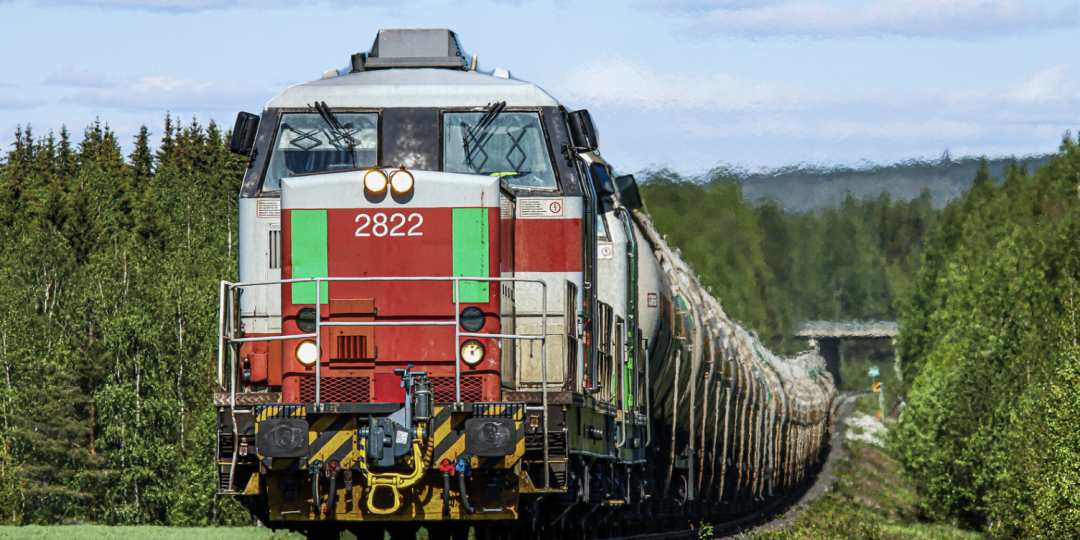Sanctions against Russia, imposed after its invasion of Ukraine, have caused a shortage of transport capacity required for delivering project cargo, like low-loaders, flatbed trucks, and similar equipment, according to Igor Rebelsky, founder of VIG Trans, a Russian carrier of oversized cargo.
This has resulted in increased transportation costs, prompting shippers to switch to other modes, especially railways.
The Russian railway sector is also facing significant issues due to the lack of infrastructure for delivering such types of cargo, particularly necessary platforms for transportation, and a shortage of qualified personnel.
Moreover, rail transport tends to have longer delivery times and is restricted in terms of infrastructure – such as passing through railway tunnels – when it comes to oversized cargo. Consequently, while rail transport is cheaper, it still poses problems for the project cargo industry.
Another issue is the lack of equipment, specifically ships and vehicles, for transporting oversized cargo. There are also problems with obtaining spare parts and a shortage of specialised containers for this type of cargo.
According to experts from the Russian Ministry of Transport, these specialised containers, such as open-top and flat-rack containers, are expensive and not in high demand compared with standard containers. Additionally, the owners of such equipment were mainly large ocean liners that are no longer operating in Russia and therefore do not provide this equipment to their former partners.
Bulk carrier fleets have come to the rescue, with shippers having to improvise. The most common solution seems to be the placement of cargo on decks and in the holds of bulk carriers.
Strengthening sanctions on Russia have also taken their toll on the country’s vessel construction capabilities, which is expected to affect vessel supply in the near future, according to Ferenc Pasztor, deputy head of research within Drewry.
The country has a shortage of various vessel parts beyond marine engines. New suppliers were being sought in ‘friendly countries’ and ramping up domestic manufacturing was also planned, but it might take several years to be worked out, said Pasztor.













